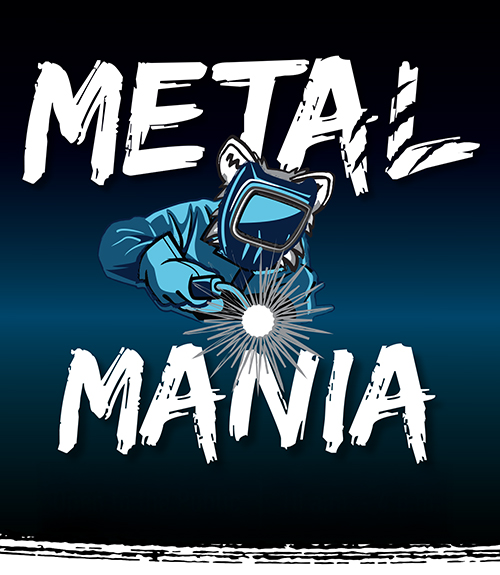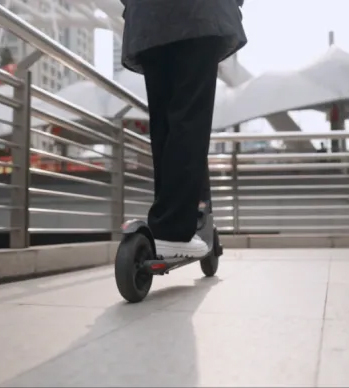In the middle of the night, when the rest of the world is asleep and the only thing you hear is your own heartbeat, grief begins to eat. It chews slowly, deliberately, on everything you thought you knew. The room is quiet, but inside your head it’s screaming.
That is where I live now.
Not long ago, my best friend ended their life. I say “ended” because “passed away” is too soft, and “committed” feels like a crime. What they did was detonate a bomb inside my world. Now there’s shrapnel everywhere: in my memories, in my sleep, in my chest. I pick pieces out of myself every day.
We like to tell ourselves that death ends pain. But when it comes to suicide, the pain does not stop. It spreads. It is passed on like a disease to the person who found them, to the friend who missed the last call, to every single person left standing in the blast radius. It is a quiet contagion that seeps into lives and never fully leaves.
Globally, suicide claims more than 700,000 people every year. One every 40 seconds.
In the U.S., it is the second leading cause of death for ages 10 to 34.
But numbers do not show you the smell of a bedroom after the police leave. They don’t show you the text messages that will never get a reply. They don’t show you a parent on the floor, screaming at a God who doesn’t answer.
Numbers don’t show the silence that moves into the house like an unwelcome tenant and never moves out.
When my friend died, the first thing I felt wasn’t sadness. It was guilt. Then rage. Then nothing at all.
People talk about the five stages of grief like they’re a ladder you climb out of a hole. But they’re not. They’re a tide that drags you under and spits you back up, over and over.
You learn quickly that grief is not a wound you heal from. It’s an amputation you learn to hobble with. You don’t get over it. You become it.
And when the death is a suicide, you also inherit their unanswerable questions: Was I not enough? Did they want me to stop them? Why didn’t they call?
You search for signs. You invent signs. You torture yourself with possibilities. Meanwhile, the world expects you to go back to work. Answer emails. Laugh at small talk. But inside, you’re still there. In the room where it happened. In the moment they decided to leave.
We call suicide selfish. Cowardly. Weak. We throw these words at the dead because it makes us feel safer, as if this couldn’t happen to someone we love, as if pain like that is a moral failing instead of a terminal illness.
But people who die by suicide are not weak. They’re exhausted. They’ve been carrying an invisible weight for so long that death feels lighter than one more day alive. Imagine being so desperate for silence that you’d rather rip yourself out of existence than keep breathing.
And still, most of the time, we don’t see it coming. Because they smiled. They planned. They talked about next week. They told you they’re fine. Then the phone rings. Then it’s too late.
Here’s what happens after a suicide:
- The police take the body.
- The coroner takes the remains.
- The friends take the blame.
You sit at the funeral staring at a box of ashes, and every person in the room is thinking the same thing, but no one says it out loud: Could I have stopped this? You go home and their absence follows you into every corner. Their toothbrush in the bathroom. Their name on your phone. Their scent on an old sweatshirt.
Time doesn’t heal this. It just teaches you how to carry it without screaming.
Half of the people who die by suicide have no diagnosed mental illness. They’re not “on our radar.” They’re coworkers. Classmates. Siblings. Lovers. They’re the people who said, “I’m OK.”
We live in a culture where pain is hidden, vulnerability is punished and asking for help is shameful. Depression and anxiety are still treated like personal failings. Insurance covers pills but not therapy. Schools have active shooter drills but no mental health plans.
And we wonder why the rates keep climbing.
We need to look — really look. We need to listen for the pauses in someone’s voice. We need to ask the question we’re afraid to ask: “Are you thinking about ending it?”
It feels harsh. But it’s not. It’s lifesaving.
We need to demand funding for mental health care the way we do cancer research. We need to teach our children what despair looks like before they learn it firsthand.
And we need to stop pretending grief ends. It doesn’t. It changes shape. It moves into your bloodstream. It becomes part of the story you tell yourself about the world.
Stay. Please. Stay. Even when it hurts so much, you want to tear your own skin off. Even when you’re sure no one would care. Even when you feel like nothing.
You’re wrong. You are not a burden. You are not invisible. You are not your pain.
Call 988. Text HELLO to 741741. Whisper. Scream. Do anything but disappear.
My friend is gone. Their chair is empty. Their laugh is gone from the room. But their pain is still here. Sitting in me. Sitting in everyone who loved them.
Editor’s note: Madison College counseling services are available at https://students.madisoncollege.edu/resources/health/counseling. There is always someone that is willing to listen. Call 988 for Suicide Prevention.



























